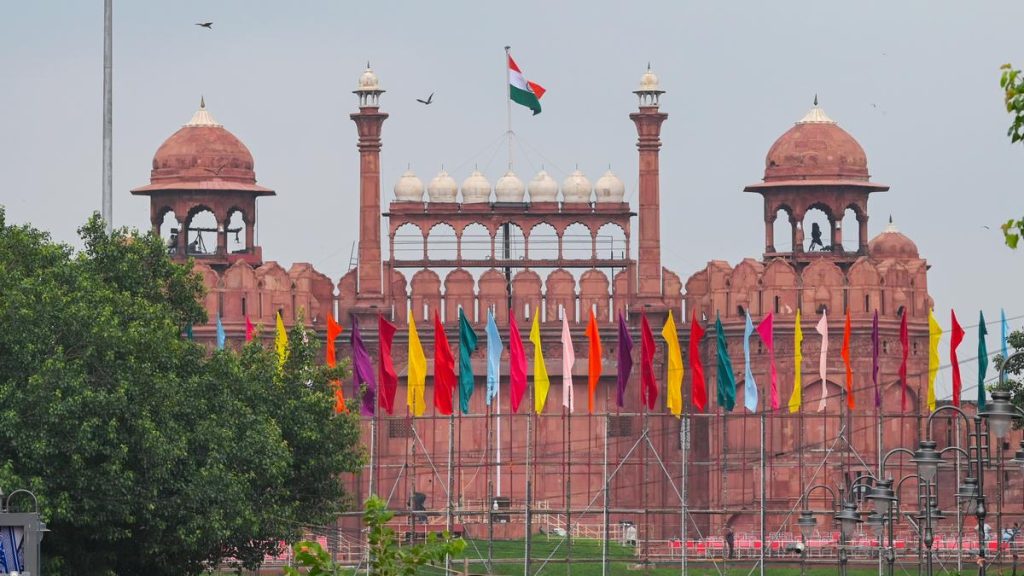Now Reading: Kerala Sets National Benchmark in Ayurveda Care: Health Minister
-
01
Kerala Sets National Benchmark in Ayurveda Care: Health Minister
Kerala Sets National Benchmark in Ayurveda Care: Health Minister

Fast Summary
- Kerala Health Minister Veena George stated that the state’s initiatives in Ayurveda have made it a model for the rest of India.
- Kerala has approximately 250 NABH-accredited AYUSH institutions due to an accreditation system introduced in the Ayurveda sector.
- She inaugurated a newly constructed women’s hostel building and open-air stage at Government Ayurveda College, Pariyaram, Kannur.
– Women’s hostel was built at a cost of ₹4 crore with 19 rooms per floor, study halls, and toilet blocks on both sides.
– Open-air stage was constructed at a cost of ₹10 lakh to facilitate cultural and academic activities.
- The Minister highlighted progress on an international Ayurveda research center at Kalayad,Kannur. It is indeed expected to boost innovation in traditional medicine and position Kerala as a global hub for Ayurveda.
- The event was presided over by MLA M. Vijn along with hospital authorities and officials.
Indian Opinion Analysis
Kerala’s accomplishments in gaining around 250 NABH-accredited AYUSH institutions stand out as significant milestones in enhancing standardization within India’s traditional medicine sector. Such measures contribute to building credibility not onyl domestically but internationally for Ayurveda practices-a critical step toward integrating traditional healthcare systems into broader medical frameworks responsibly.
The inauguration of infrastructure projects like the women’s hostel building and open-air stage points toward investments aimed at improving educational experiences for students studying Ayurvedic sciences. Additionally, ongoing work on an international research center highlighting innovation reflects Kerala’s commitment to advancing this ancient discipline through modern approaches.
The state’s role as a potential leader or global hub for Ayurveda could hold economic meaning by attracting tourists seeking wellness services while fostering further scientific exploration around traditional medicine practices. othre states might look toward adopting similar accreditation systems if the model proves sustainable long-term.
Read more: Source
























